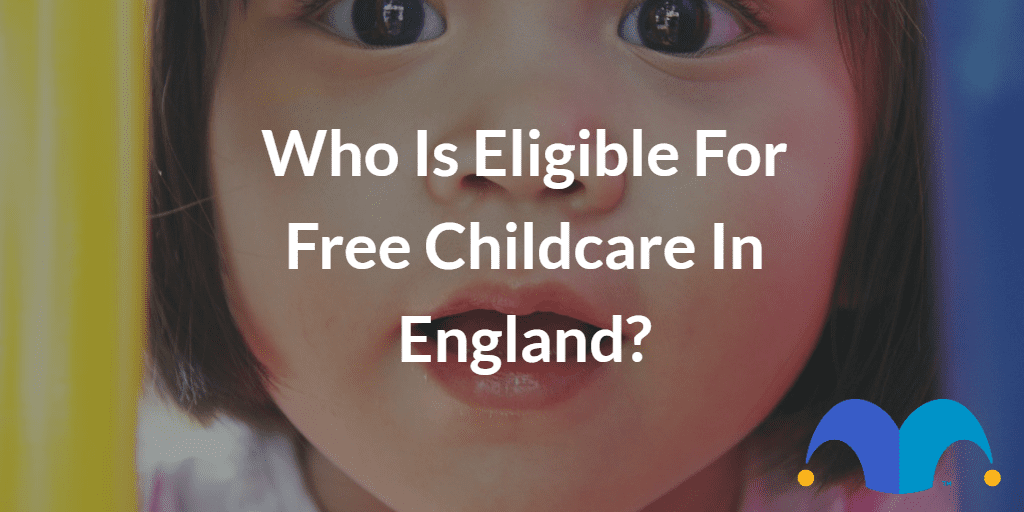Parents of more than half of children aged 0 to 4 in England have used formal childcare services. But despite the high percentage, a government survey reveals that less than half (46%) of parents find meeting the cost of childcare ‘easy’.
And more than a quarter (27%) admitted it was ‘difficult’ or ‘very difficult’ to meet the expenses. So, if you’re not already claiming free childcare, here’s what you and your children are entitled to in England.
Universal free childcare
Parents of all three- and four-year-olds in England can access 570 hours of free childcare each year, regardless of income. This is roughly 15 hours per week and is usually spread across 38 weeks (coinciding with term time).
However, if your childcare provider is willing, you don’t have to squeeze all of those hours into 38 weeks. Instead, you can use them over a longer period of time.
Free childcare hours can only be used with an approved provider. You can find a list of approved providers on the gov.uk website.
Eligibility ends when your child goes to school or reaches compulsory school age (whichever is later).
Extended free childcare
Some families qualify for a further 570 free hours of childcare (making a total of 30 hours per week), known as ‘extended entitlement’.
To be eligible, you’ll need to work at least 16 hours a week and earn (at least) the National Minimum Wage or the Living Wage. You could also qualify if you receive some benefits such as incapacity benefit or carer’s allowance.
On top of the financial criteria, you’ll need:
- To have British or Irish citizenship.
- To have settled or pre-settled status or have been living in the UK before January 2021 with the right to reside.
- Permission to access public funds (if you’re not sure about this, check your residency card which will show you).
If you think you meet the conditions, you can apply online on the gov.uk website.
Free childcare for two-year-olds
In some cases, children as young as two may also qualify for 15 hours of free childcare. To be eligible, your child must:
- Receive Disability Living Allowance
- Be a ‘looked after child’ under the care of your local authority
- Have special educational needs (SEN) or have an Education, Health and Care (EHC) plan.
You could also qualify if you receive particular benefits, including:
- Income Support
- Job Seeker’s Allowance
- Employment Support Allowance
- Universal Credit (and your annual household income is £15,400 or less, after tax and excluding benefits)
- Child Tax Credits (and your annual household income is £16,190 or less, before tax)
To apply, you’ll need to speak to your approved childcare provider or contact your local council.
When free childcare starts
Free childcare hours start the term after your child’s third birthday (or second birthday if they qualify).
| When your child turns 3 | When you can get 30 hours from | When to apply |
| 1 September and 31 December | Term starting on or after 1 January | October or November |
| 1 January and 31 March | Term starting on or after 1 April | January or February |
| 1 April and 31 August | Term starting on or after 1 September | June or July |
Bear in mind that these dates are only a guide. You’ll need to check the details with your childcare provider.
It’s also a good idea to apply for your child’s place a couple of months before they are due to officially start. So, if your child’s birthday is between April and August, the recommendation is to apply in June or July.
Early years childcare in the rest of the UK
If you’re looking for free childcare in other parts of the UK, each home nation has a slightly different scheme. For details, head to mygov.scot, gov.wales or nidirect.
